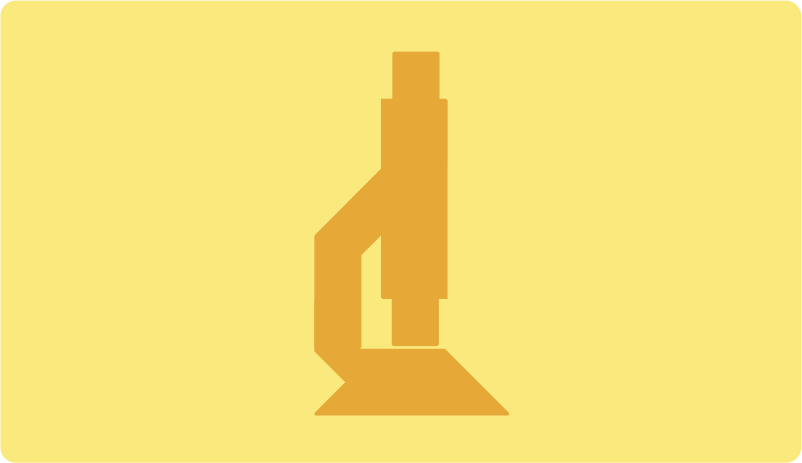
For too long, assessment has been seen as the end of the teaching process—a final check after the learning is done. But what if assessment came first? When used proactively, assessment doesn’t just measure progress—it drives it.
Actionable assessments provide teachers with real-time insights that they can use to adapt instruction and support both struggling students and more advanced learners. In science, where understanding builds concept by concept, this timely feedback is essential.
In this blog post, we’ll explore the role of actionable assessment in science instruction. We’ll also look at how Education Perfect integrates actionable assessment into its tools and learning cycle to boost student outcomes in science learning.
What Is Actionable Assessment in Science?
In science, as in other subjects, assessments come in different forms. Diagnostic assessments gauge students’ prior knowledge of a subject. Meanwhile, formative assessments measure student progress while learning is taking place, and summative assessments evaluate students’ overall understanding after learning has occurred.
What makes an assessment actionable, though, is its ability to deliver timely, specific insights that guide teachers on what to do next—whether that’s reteaching a concept or providing extra practice for struggling students.
Actionable assessment is especially important in science, where learning is a sequential process. For example, students can’t fully grasp chemical bonding if they haven’t mastered atomic structure. However, by using assessment tools that provide clear insights in real-time, teachers can check students’ understanding of each key concept before proceeding to the next one.
In this way, actionable assessment helps teachers identify misunderstandings early, preventing these misunderstandings from compounding into larger learning gaps later on.
How Education Perfect Supports Actionable Assessment in Science
Education Perfect offers the following features to make assessments meaningful and drive students’ success in science learning.
Assessments That Support Every Stage of Learning
EP delivers assessments aligned to our adaptive learning cycle to guide students toward mastery. For instance, readiness assessments can gauge students’ prior knowledge of the solar system before instruction begins. Meanwhile, formative assessments can monitor learning throughout the unit, and summative assessments can evaluate overall learning at the end.
Learning Snapshots to Quickly Identify Concept Gaps
Through Learning Snapshots, teachers gain a breakdown of student performance by curriculum strand (e.g. scientific understanding) and specific expectations. If many students underperform on an assessment on how liquids change under different situations, teachers can assign scaffolded lessons on states of matter, strengthening conceptual foundations immediately.
Auto-Marking to Deliver Instant Performance Insights
EP’s automarking across multiple choice, fill-in-the-gaps, dropdown/textbox, and other types of questions delivers instant class-wide performance data. For instance, after a quiz on cell division, teachers can instantly see who struggled with mitosis and reassign targeted review content within minutes.
Recommended Tasks to Guide Targeted Follow-Up
When students perform below the threshold, EP automatically creates recommended tasks and assigns targeted follow-up work. If a student falls below expectations on an atoms test, EP may suggest they revisit scaffolded lessons on the topic. Teachers can also review and customise recommended tasks, maintaining teacher agency and oversight and ensuring every student gets the support they need.
Bringing Actionable Assessment to Life in the Science Classroom
Here’s how science teachers can use Education Perfect to embed actionable assessment into their instruction.
Sample Workflow Using EP Tools
- Diagnose Readiness: Start with a readiness assessment to identify students’ existing understanding of a topic (e.g. their knowledge of energy). This provides a baseline and reveals gaps that may need to be addressed before new content is introduced.
- Target Instruction With Formative Assessment: As the unit progresses, assign formative quizzes and interactive lessons. These are auto-marked, providing immediate feedback to students and class-wide performance insights to teachers. If students have trouble with identifying types of energy, for example, intervene early by assigning scaffolded lessons or revisiting key concepts in class.
- Monitor Understanding with Learning Snapshots: Use Learning Snapshots to analyse performance by curriculum outcome. A snapshot might reveal students’ low scores in scientific understanding of energy conservation. Based on this information, you can decide to review the topic or assign follow-up tasks (more on that below!).
- Reinforce Mastery with Recommended Tasks: When students underperform on an assessment, EP automatically generates Recommended Tasks. To use the previous example of students’ low scores in understanding energy conservation, EP may recommend that students revisit specific lessons in the energy unit. You can then review and customise these recommendations to suit each learner’s needs.
- Reflect and Reassess: Wrap up the learning loop by assigning a summative assessment to evaluate progress and inform next steps. Use this data to reflect on what worked, re-teach as needed, and plan for the next learning cycle.
Success Story: How A New South Wales Science Teacher Used EP to Transform Learning
To further highlight how Education Perfect uses actionable assessment to enhance science instruction, consider our Narrabeen Sports High School case study.
At Narrabeen, Head Teacher of Science Cameron McDonald leveraged EP Assessments to build a strong learning culture in his classroom. EP’s diagnostic tools and growth tracking features, in particular, helped McDonald monitor and support student progress in real-time.
“EP has this amazing built-in student growth tool that allows teachers to create pre- and post- tests, generating clear visual data that illustrates learning progress over time,” said McDonald. “It gives students and teachers immediate feedback, ensuring learning gaps are identified and addressed as they arise.”
This immediate insight not only fostered a more responsive and effective learning environment but also increased student engagement. “The ability to track growth week by week has transformed the way students engage with their coursework,” said McDonald.
Ultimately, with the help of EP’s diagnostic and progress monitoring tools, McDonald helped cultivate a data-driven classroom culture—one that prioritises student growth and achievement, demonstrating the tangible benefits of actionable assessment in science education.
Elevating Science Learning Through Actionable Assessment
Actionable assessment is about more than collecting data. It’s about making informed decisions that move learning forward. In science classrooms, where concepts build on one another, timely intervention and targeted support are critical for keeping students on track.
With Education Perfect, teachers can turn assessment into a powerful teaching tool, using real-time insights to guide instruction, target support, and boost engagement. By making science learning both meaningful and measurable, EP empowers educators to support every student’s progress.
Interested in taking the next step toward smarter science teaching? Explore Education Perfect’s assessment tools today, take a tour or reach out to start a free trial.




